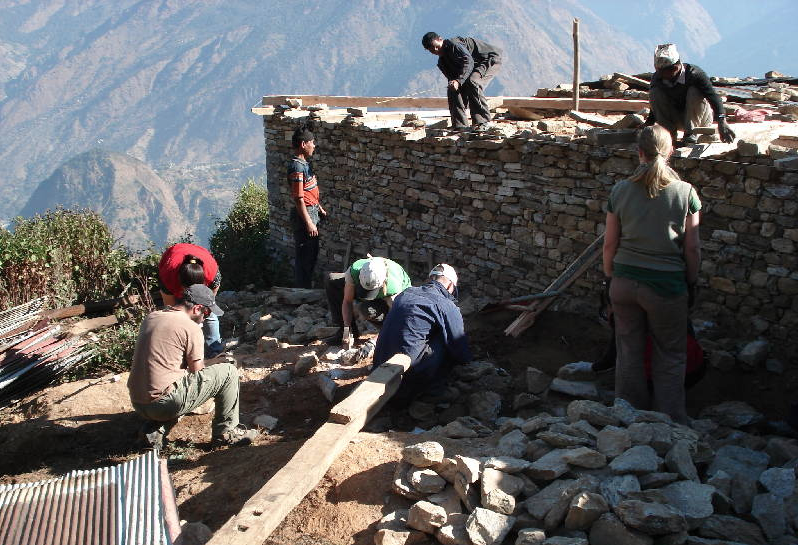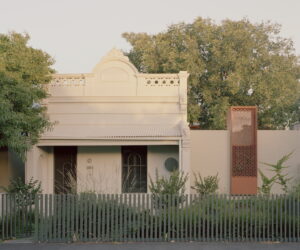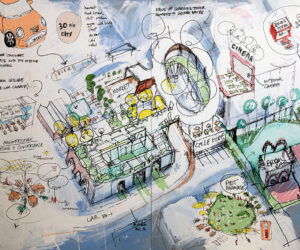From Kathmandu to Kinglake: design in disaster recovery
RMIT University will this week host a public forum of industry experts to examine the role of the architect in dealing with disaster impacted communities.
The forum at The Design Hub is part of the Design for Impact festival and will canvass how design is essential for effective disaster relief and international development.
‘Disaster, Design and Development: Learning from Nepal and Other Recent Disaster Scenarios’, on Thursday, July 30, comes ahead of a new RMIT Master of Design and Development (MoDDD) degree to be launched in mid-2016.
MoDDD is the first degree of its kind globally, combining the often-separate fields of design, disaster and development.
RMIT Associate Professor Esther Charlesworth said the new degree will help address the critical design and planning issues needed to reconstruct the physical and social infrastructure following man-made and natural disasters.
“The program has been developed with the International Federation of The Red Cross and UNHabitat, to prepare future leaders with a unique qualification in the disaster risk management field, with an emphasis on architecture, design and sustainability for the built environment,’’ Charlesworth said.
Head of the Humanitarian Architecture Research Bureau (HARB) and founder of Architects Without Frontiers (AWF), Charlesworth has devoted her career to helping communities rebuild their lives and environments following social, political and natural disaster.
“Crises like the recent Nepalese earthquakes can teach us a lot about how to reconstruct affected communities after disaster, where design can be used as a strategic tool to rebuilding both physical environments and economic livelihoods,” Charlesworth said.
The HARB forum – Disaster, Design and Development: Learning from Nepal and Other Recent Disaster Scenarios – will introduce the work of HARB and other agencies working in the disaster recovery sector.
It will include the projects of Sydney architect, Paul Pholeros from Healthabitat who has worked extensively with remote Indigenous communities and has recently returned from working in Nepal.



